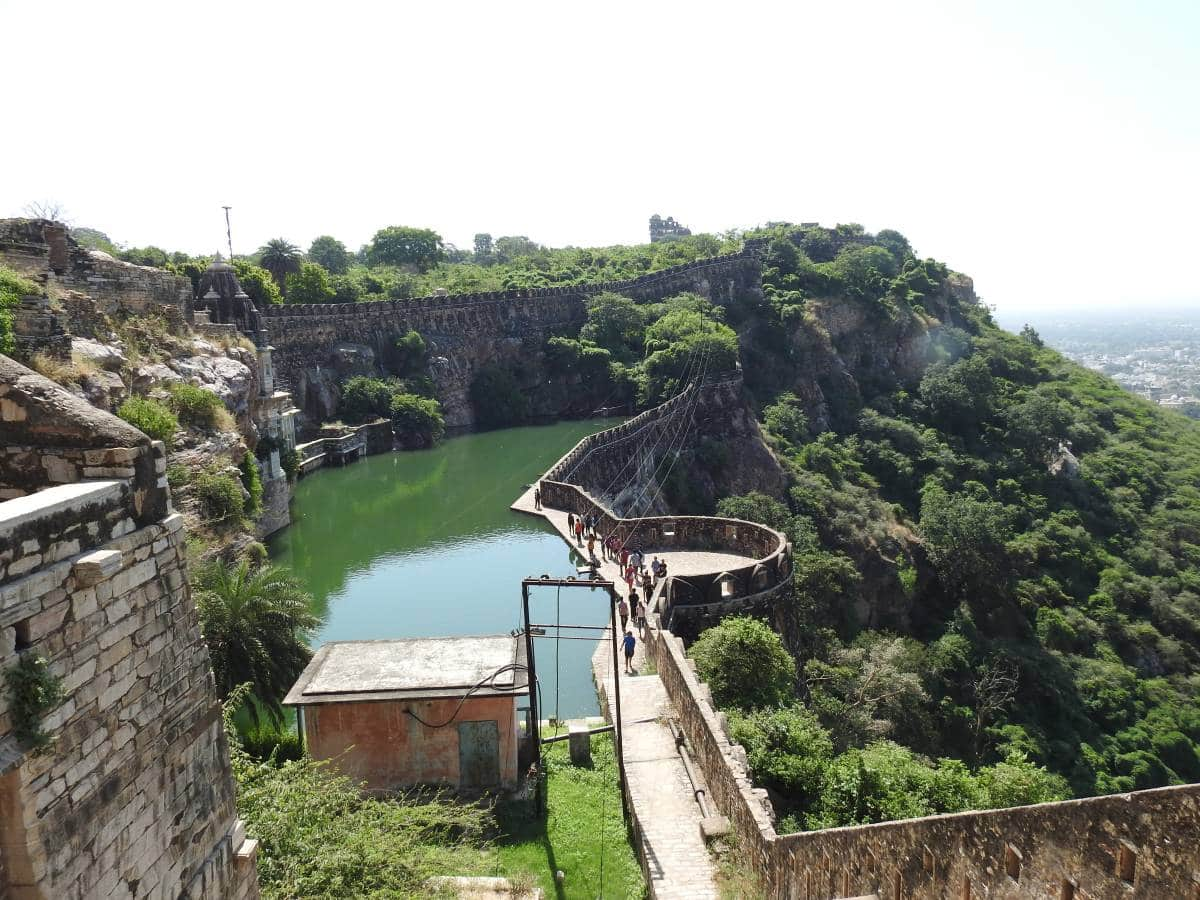The government is pushing the pedal on pumped hydro storage projects (PSPs), with the power ministry targeting to clear 13 such plants this fiscal, double the previous year’s, as it speeds up the approval process to get more private investment. Several private companies are investing in pumped storage projects to support the integration of renewable energy sources but face delays in getting approvals from the government. “Based on various feasibility studies submitted to us, the government has set a target of doubling the number of PSP approvals from six plants in FY25 to 13 in the current financial year.
If we see in gigawatt (GW) scale, the increase will be 2x from 7.5 GW to 22 GW planned in FY26," said a senior ministry official. In most cases, the timeline — from the approval of a detailed project report (DPR) to commissioning — will be about four years, the official said.

A second ministry official said the approval processes were not only been streamlined but are being fast tracked too. “We have appointed the Central Electricity Authority (CEA) as the nodal agency, which has developed an exclusive portal - ‘Jalvi Store’ - for a transparent approval process,” the official said. The DPR framework has been made shorter for faster submissions and received a good response from the private sector, the official said.
Investment from the private sector shall increase further as the government’s baseline identified PSP potential is 200 GW, the official said. ReNew, JSW Energy , Avaada Energy, Serentica Renewables, Tata Power , Adani Green Energy , Torrent Powe r, and Greenko are among the companies in pumped storage projects. As wind and solar power face issues of intermittency, or a reliable and consistent electricity supply, the government is focusing on PSPs as a long-term solution since the use of battery energy storage systems (BESS) for more than even four hours remain unaffordable.
PSPs have a longer life of 70-80 years compared to the 10-20 years in BESS. “PSPs require a high capital expenditure compared to BESS, but in the long-run PSPs have a lower levelised cost of storage compared to BESS, especially for long-duration storage needs,” the official said. Unlike batteries, PSPs do not require critical minerals such as cobalt and lithium, bulk of which are imported from China.
India has six operational PSPs totalling 3.5 GW and the government intends to increase it to 50 GW of commissioned capacity by 2032. Two each of these are in Maharashtra and Telangana and one each in Tamil Nadu and West Bengal.
Pumped storage projects are hydroelectric power generation systems that use two water reservoirs at different elevations. They act like giant batteries for electricity storage. When the demand increases, the stored water is released to the lower reservoir, passing through turbines to generate electricity.
“At present eight projects of 10 GW are under construction and detailed project reports have been concurred for three projects of around 3 GW. In addition to this, 49 projects of 66 GW are under survey and investigation. All these DPRs are expected to be finalised by the developers in 2 years,” the power ministry said in a statement.
.
Politics

Govt to speed up clearances for pumped hydro storage projects, looks to triple capacity this fiscal
















